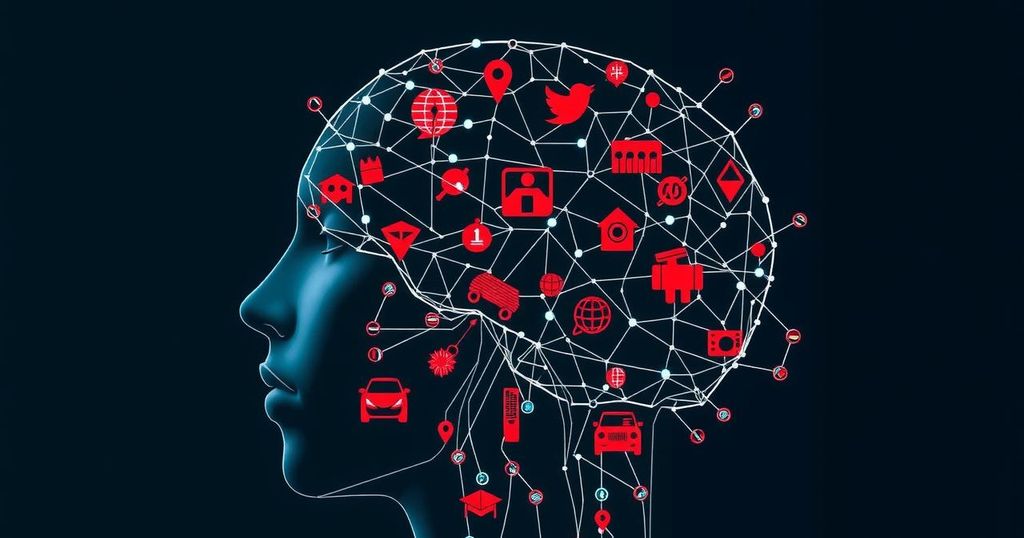Navigating Ethical Frontiers: The ICRC’s Humanitarian AI Policy
The ICRC’s policy on artificial intelligence focuses on fostering a humanitarian approach that helps staff explore AI’s potential safely and responsibly, aligned with its core principles and future strategies. Developed through collaboration and multidisciplinary efforts, this policy provides a foundational framework to address emerging challenges in the evolving landscape of AI.
The International Committee of the Red Cross (ICRC) is forging a humanitarian path in the realm of artificial intelligence (AI). Grounded in its core mandate and Fundamental Principles, the ICRC’s AI policy is designed to empower its staff, equipping them with the knowledge to safely tap into AI’s potential in humanitarian work. This framework is a collaborative effort drawing on rich humanitarian expertise, international AI standards, and invaluable insights from external specialists.
The landscape of AI is ever-shifting, akin to a river that reshapes its banks with each passing season. Thus, while this policy document provides a foundational strategy, it acknowledges the need for adaptability in the face of evolving challenges and questions surrounding AI. It lays a groundwork for utilizing technology responsibly and humanely, aligning with the ICRC’s mission and its Institutional Strategy for 2024-2027.
In an era where technology intertwines with daily life more intensely than ever, organizations like the ICRC face both opportunity and responsibility. The increasing use of AI presents a dual-edged sword; while it can enhance humanitarian efforts and decision-making, it also raises ethical, operational, and social considerations. The ICRC’s approach emphasizes a human-centric view, ensuring technology serves humanity’s needs while adhering to established humanitarian standards and principles. This foresight in crafting policy acknowledges the complexities of AI and its ramifications, setting a precedent for similar organizations seeking to integrate AI into their operations.
The ICRC’s approach to artificial intelligence stands as a beacon of responsible innovation within humanitarian action. By anchoring its policy in core human values and collaborative expertise, the organization not only prepares its staff for future inquiries but also champions a dependable pathway that respects dignity, efficiency, and ethics. As technologies evolve, so too must our commitment to a human-centered approach that prioritizes those we serve, ensuring that AI becomes a tool for good in even the most challenging of times.
Original Source: reliefweb.int




Post Comment